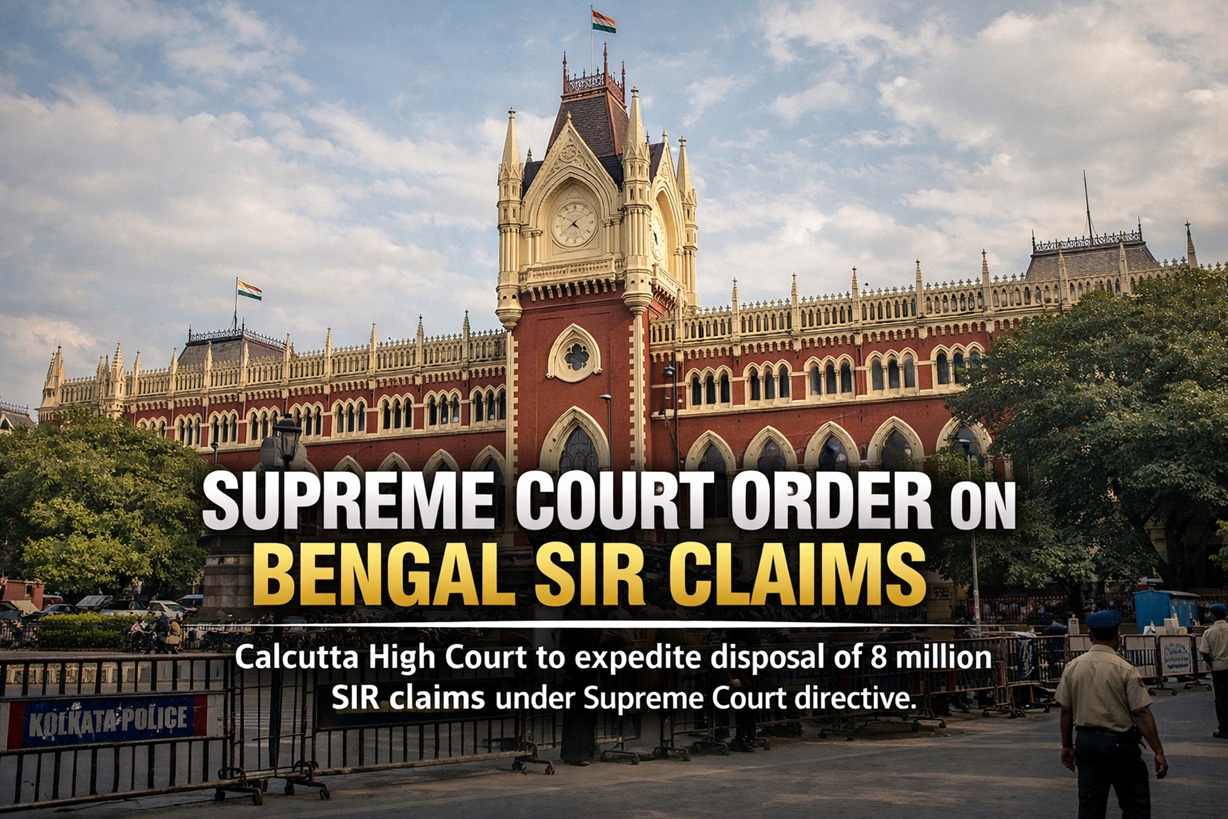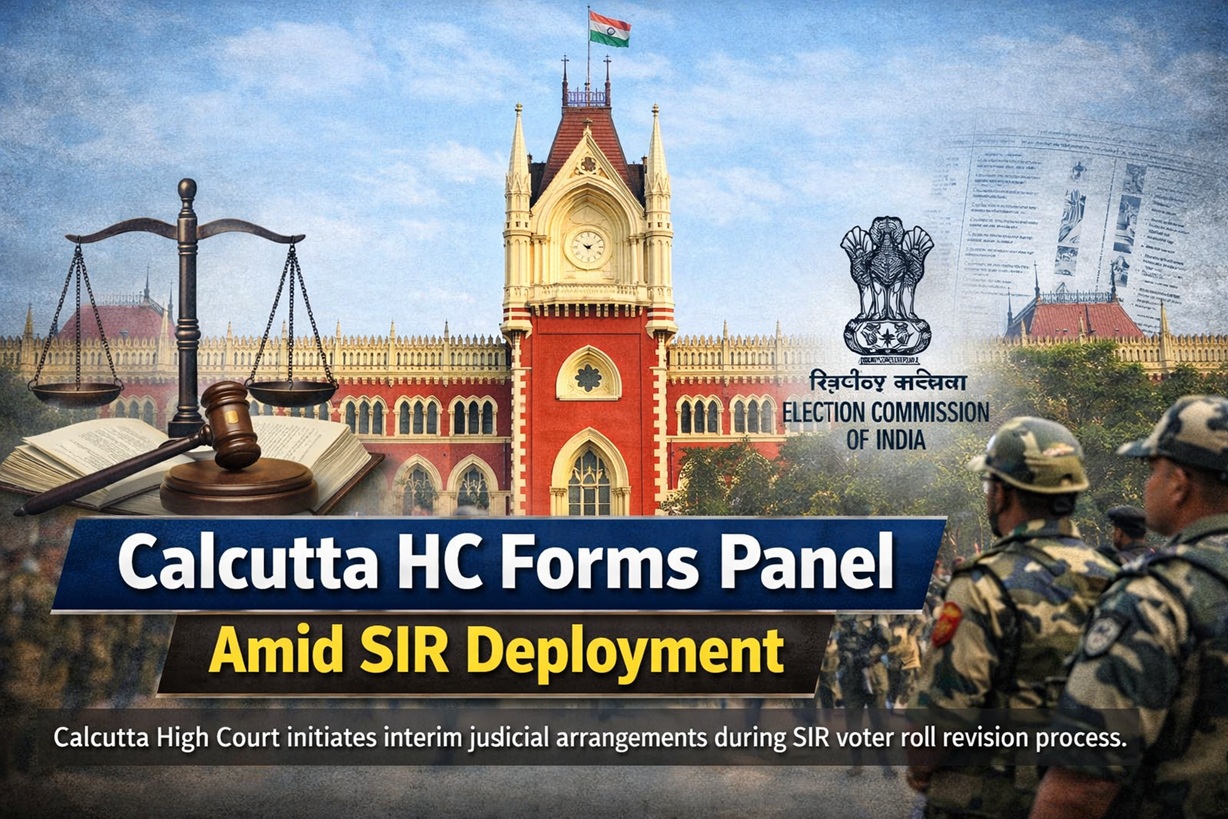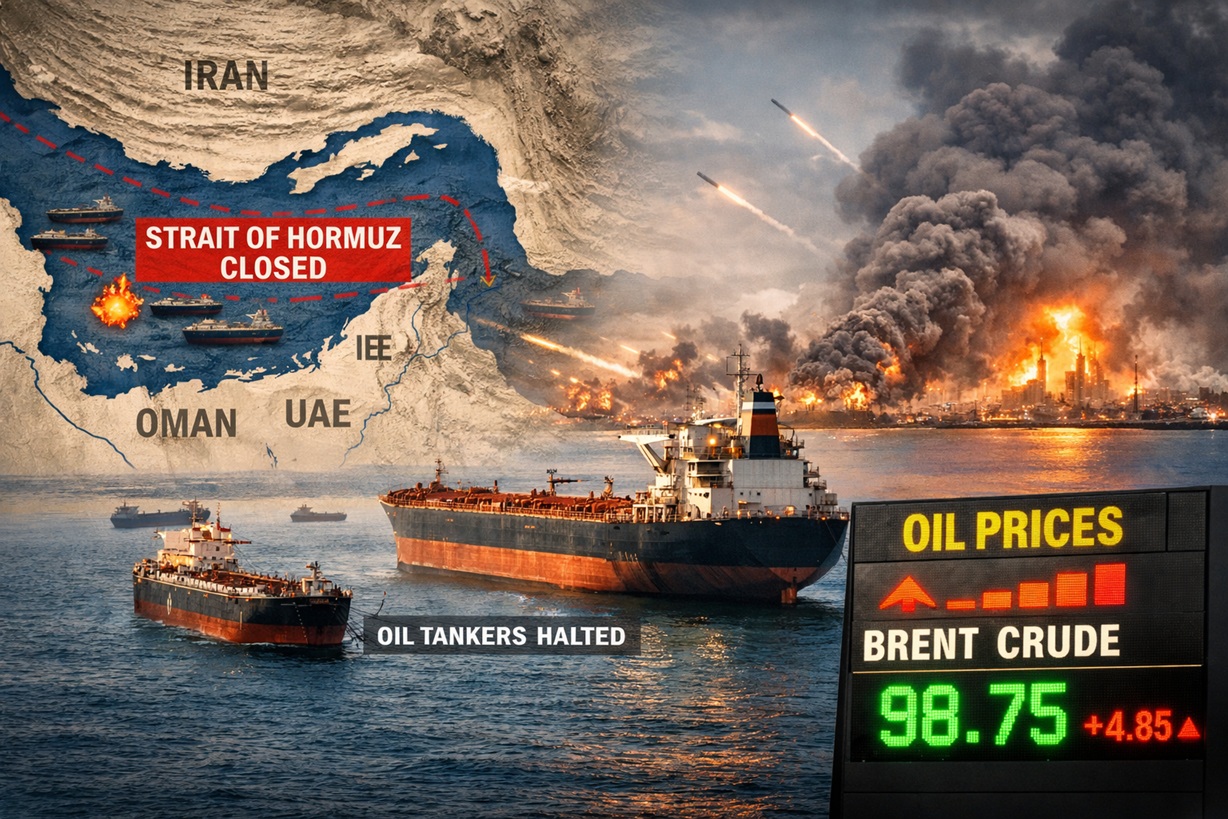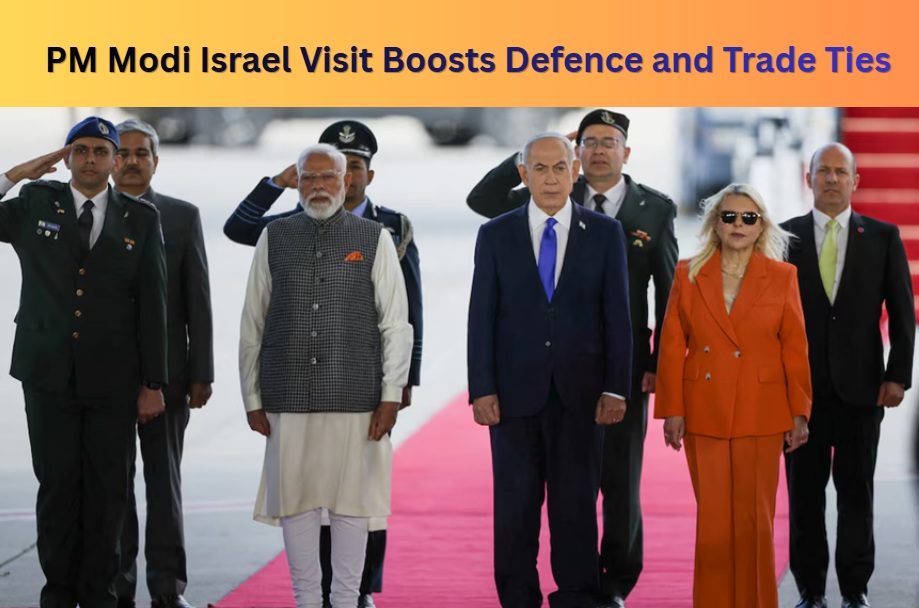In the midst of intense political turbulence in West Bengal, Governor CV Ananda Bose’s recent meeting with Union Home Minister Amit Shah has fueled speculation about a potential imposition of President’s Rule in the state. The meeting comes after the brutal rape and murder of a trainee doctor at RG Kar Hospital in Kolkata, which has triggered widespread protests and raised serious questions about the law and order situation under Chief Minister Mamata Banerjee’s administration.
Background of the Crisis
The tragic incident involving the young doctor has not only shocked the public but has also ignited a series of protests led by the BJP across West Bengal. The incident has become a flashpoint in the already volatile political landscape, with the BJP capitalizing on the public outrage to intensify its criticism of the TMC-led state government.
On the other hand, TMC leaders and workers have taken to the streets, vehemently opposing the ongoing Central Bureau of Investigation (CBI) probe into the matter. The TMC’s protests are seen as a direct challenge to what they perceive as the BJP’s attempt to destabilize the state government through central intervention.
Governor’s Role and Response
Governor CV Ananda Bose has emerged as a central figure in this unfolding drama. Following the BJP’s call for the imposition of President’s Rule, the Governor has been actively engaging with the central government. His visit to Delhi marks the second time within a week that he has sought consultations with top officials in the capital, further indicating the seriousness of the situation.
Governor Bose is reported to have provided detailed reports to both the President and the Home Minister regarding the deteriorating situation in West Bengal. His statements to the media have been particularly strong, criticizing the state government for its failure to maintain law and order. In one of his interviews, Bose went so far as to say that the police in West Bengal have been “criminalized” and are acting like “TMC workers,” which has only added fuel to the fire.
Political Implications and Speculations
The Governor’s meeting with Amit Shah is seen as highly significant, especially in the context of the BJP’s ongoing protests and the TMC’s strong resistance. The discussions between Bose and Shah reportedly focused on the law and order situation, with the Governor presenting his assessment of the state’s governance.
The central question now revolves around the possibility of invoking Article 356 of the Indian Constitution, which would lead to the imposition of President’s Rule in West Bengal. This drastic measure would involve the dismissal of the state government and direct central administration of the state.
Such a move, however, is fraught with political risks. The BJP, which has been cautious about the use of Article 356, may be weighing the potential backlash against the necessity of restoring order in the state. The Modi government, which has thus far avoided using President’s Rule despite several opportunities, may be reluctant to set a precedent that could be viewed as overreach by the central government.
The Path Ahead
The meeting between Governor Bose and Amit Shah has left political analysts and the public alike speculating about the next steps. If the Governor decides to formally recommend President’s Rule, it would mark a significant escalation in the ongoing conflict between the central and state governments. However, such a decision would also require careful planning to manage the potential fallout, including ensuring that security forces are prepared to maintain order in the event of widespread unrest.
As of now, there has been no official announcement regarding the imposition of President’s Rule. The situation remains fluid, with the possibility of further consultations between the Governor, the Home Minister, and possibly even the President.
West Bengal stands at a critical juncture, with the state’s governance and law and order under intense scrutiny. Governor CV Ananda Bose’s actions and statements indicate that a major decision could be imminent. Whether or not the central government will take the unprecedented step of imposing President’s Rule remains to be seen, but the developments in the coming days will be crucial in determining the future political landscape of West Bengal.
The entire nation is watching as this high-stakes political drama unfolds, with potential implications not only for West Bengal but for the broader balance of power between state and central governments in India.





